Last week, I woke to one of those dreaded texts. “Mary Oliver has left us,” was all it said. It felt like a knife between the ribs, even though the gentleness of the language was an attempt to soften the devastation my friend knew I’d feel.
I am not an intellectual, but I love to read, and I love to read poetry—if that’s what you do with it. Poetry is an exercise—at least for me. So much of it is beyond my scope, yet I’ll tackle it and come away with a line or two that resonates and settles in.
Mary Oliver’s work, though, is different. I discovered her years ago in, what else, a magazine. Her poem, “Praying,” wrapped around my sternum and most definitely settled in. So much so that I posted it on my vanity mirror wall, where I can look at it every day. It’s been hanging there for more than five years—a testament to the value of the printed word—and has become a mantra of sorts.
It doesn’t have to be
the blue iris, it could be
weeds in a vacant lot, or a few
small stones; just pay attention, then patch
a few words together and don’t try
to make them elaborate, this isn’t
a contest but the doorway
into thanks, and a silence in which
another voice may speak.
This, blessedly, is not the only one, nor is it an aberration. My bright and wry friend Margie gave me Oliver’s latest book, Devotions, a week before Oliver died. When I received it, I immediately cracked it open, chose a poem, and read it to my gathering of friends. I am pretty sure my solid Midwestern voice didn’t do it justice. That poem was “On the Beach.”
On the beach, at dawn:
four small stones clearly
hugging each other.
How many kinds of love
might there be in this world,
and how many formations might they make
and who am I ever
to imagine I could know
such a marvelous business?
When the sun broke
it poured willingly its light
over the stones
that did not move, not at all,
just as, to its always generous term,
it shed its light on me,
my own body that loves
equally, to hug another body.
Mary Oliver’s Last Book
“Doesn’t everything die at last, and too soon?” she wrote.
Devotions is a book that, starting with the soulful cover photo of a woman feeding a tiny bird with a spoon (Molly Malone Cook, thank you), reaches inside you. Edited by Oliver, it covers 57 years of her work. My copy bumped around on my passenger seat for the last two weeks. I wanted to share her works with all of you. Her work feels so personal that I feel like she belongs to me, somehow. But of course, that was her gift. It seems lots of her fans feel that way. As the New Yorker said: “The readers who cherished Oliver’s many volumes—who made her one of the two or three best-selling poets in the United States, not for one volume but over many years—looked to her for advice about how to live.”
If you are a nature lover, a lover, and/or a spiritual digger, seek her works out. My heart heavy yet grateful to have found Mary Oliver, I leave you with this last poem—the last two lines of which are probably her best-known words. Hopefully, you will carry her works with you, too.
The Summer Day
Who made the world?
Who made the swan, and the black bear?
Who made the grasshopper?
This grasshopper, I mean-
the one who has flung herself out of the grass,
the one who is eating sugar from my hand,
who is moving her jaws back and forth instead of up and down
who is gazing around with her enormous and complicated eyes
Now she lifts her pale forearms and thoroughly washes her face
Now she snaps her wings open and floats away.
I don’t know exactly what a prayer is
I do know how to pay attention, how to fall down
into the grass, how to kneel down into the grass
how to be idle and blessed, how to stroll through the fields,
which is what I have been doing all day.
Tell me, what else should I have done?
Doesn’t everything die at last, and too soon?
Tell me, what is it you plan to do
with your one wild and precious life?


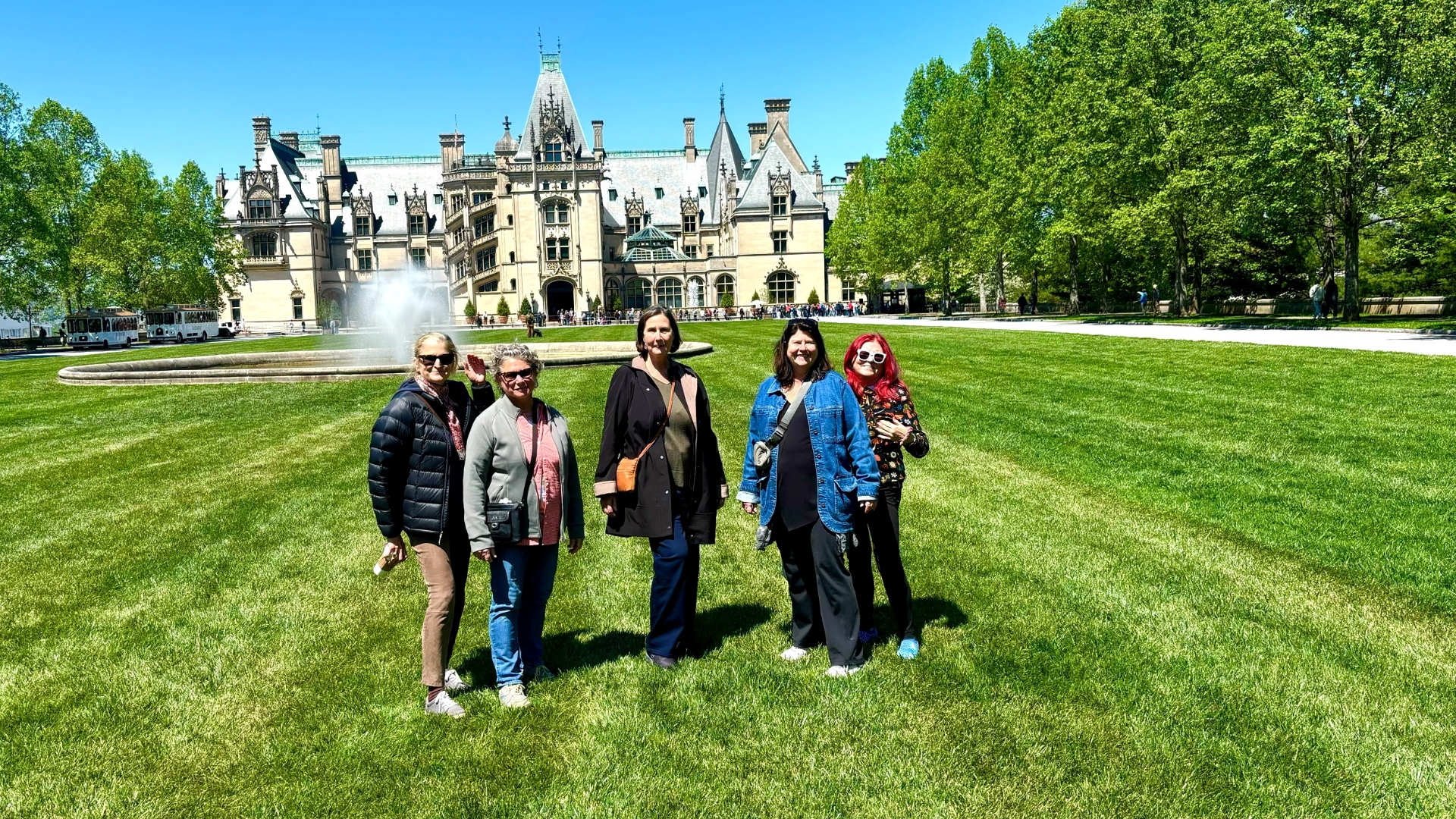
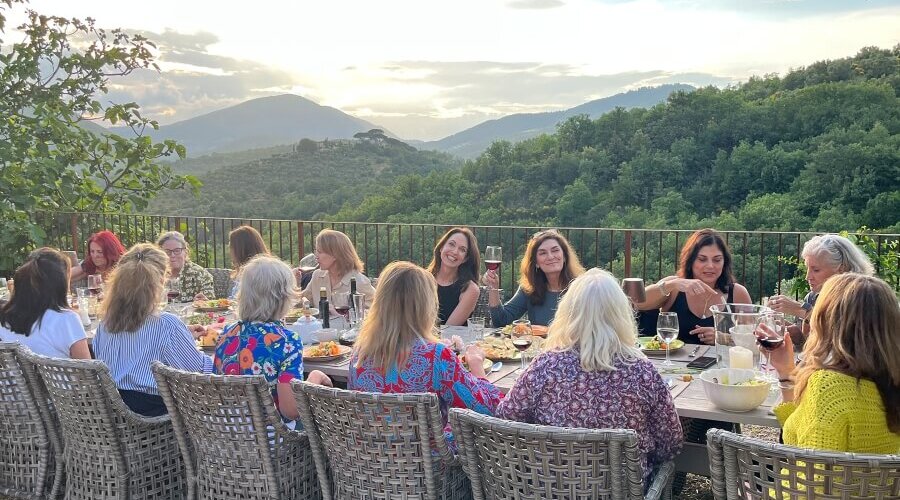
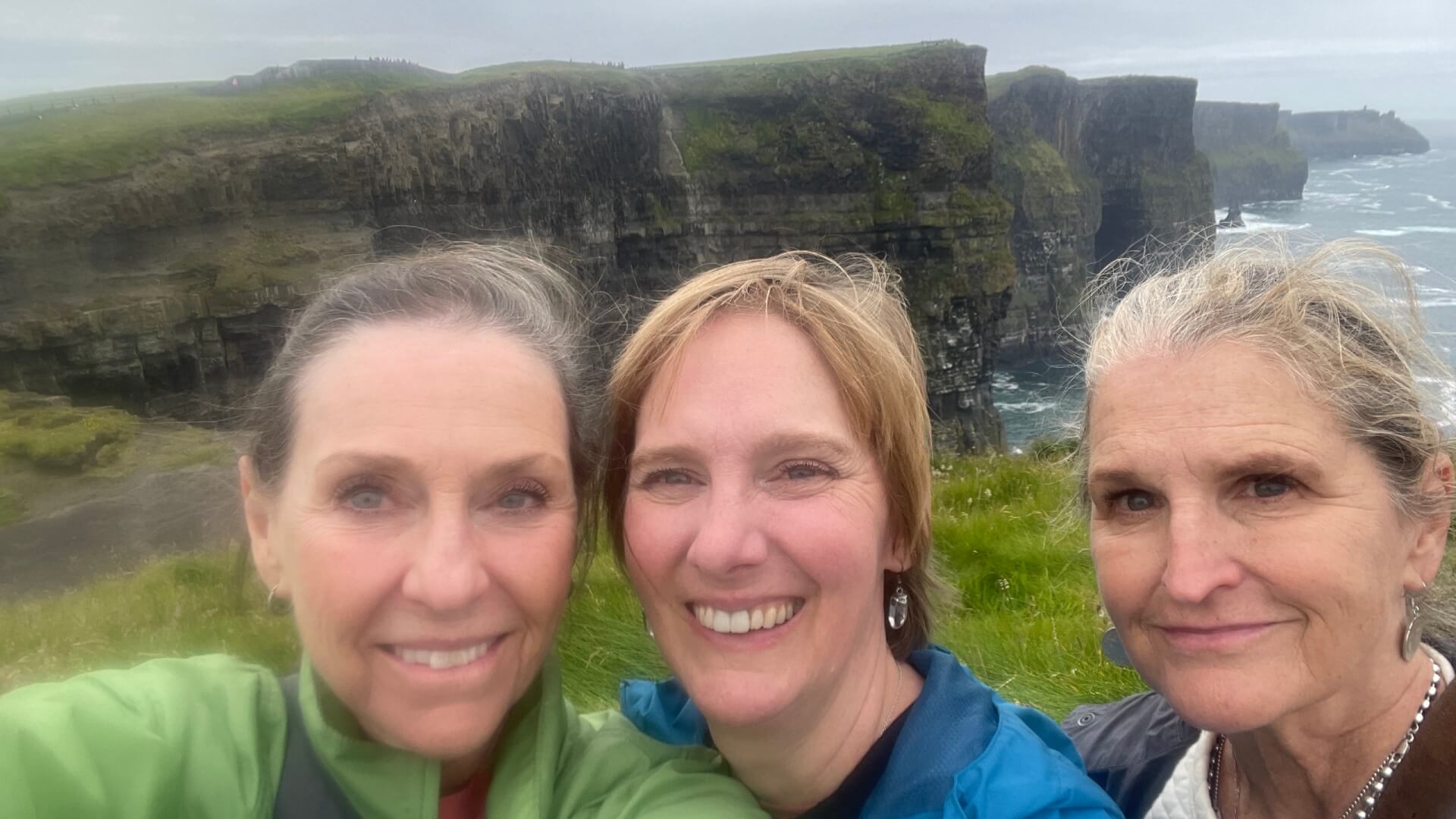


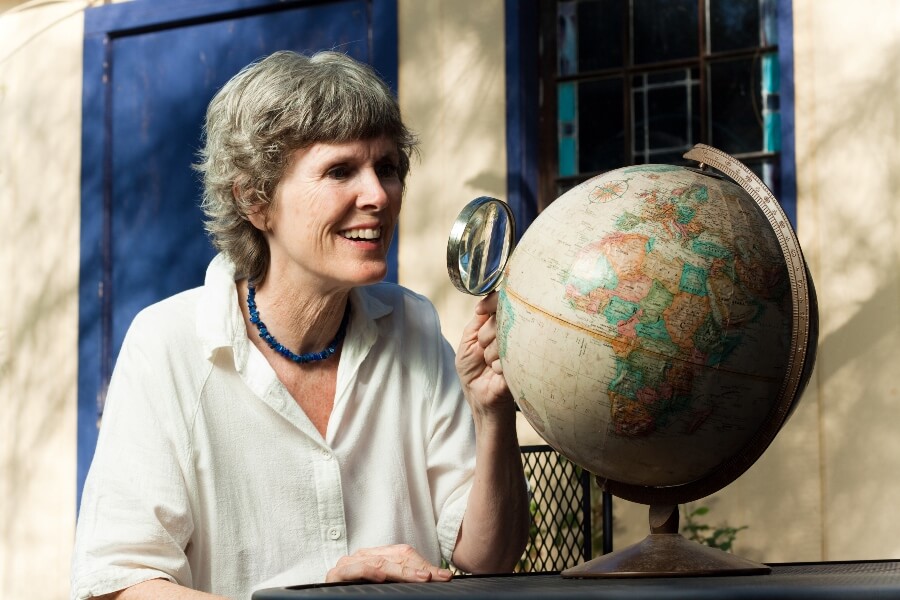
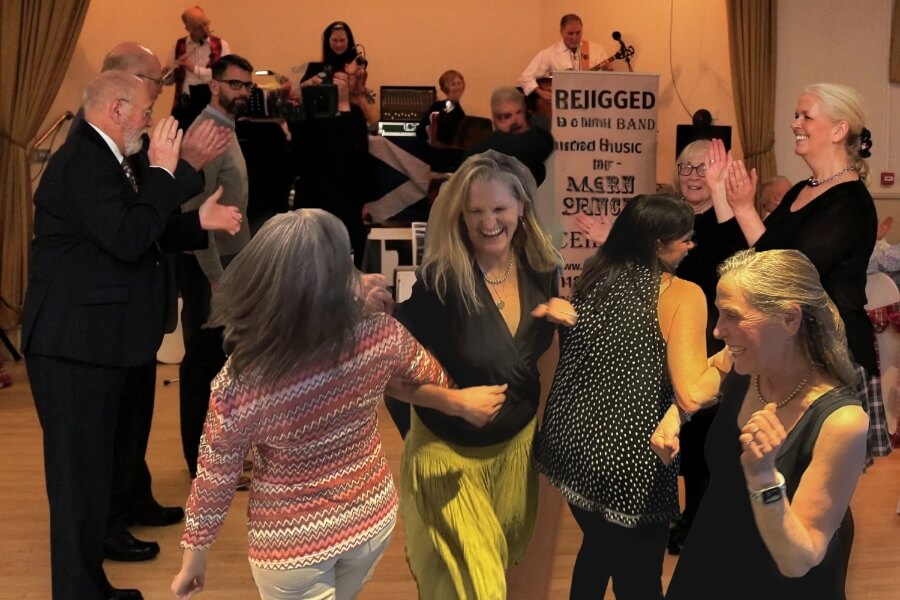

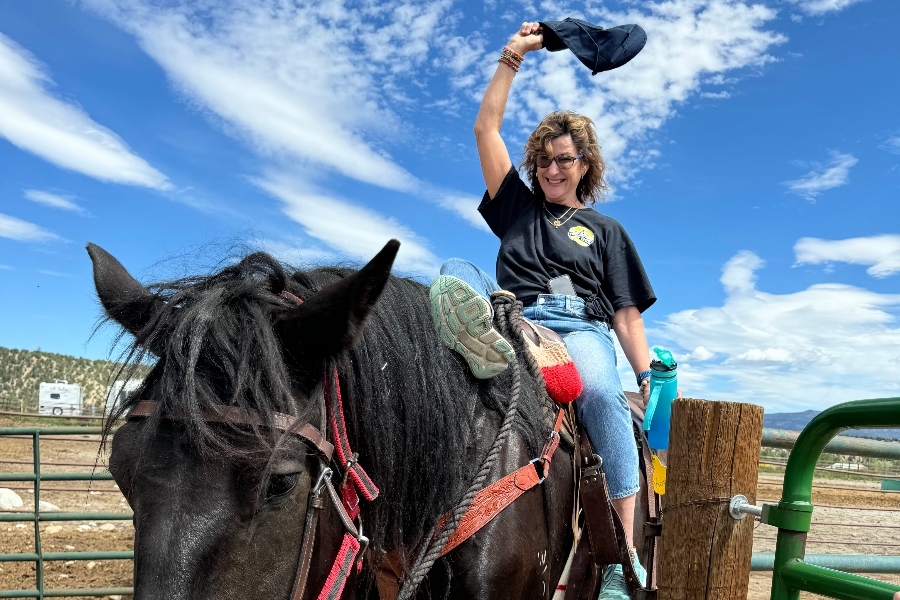




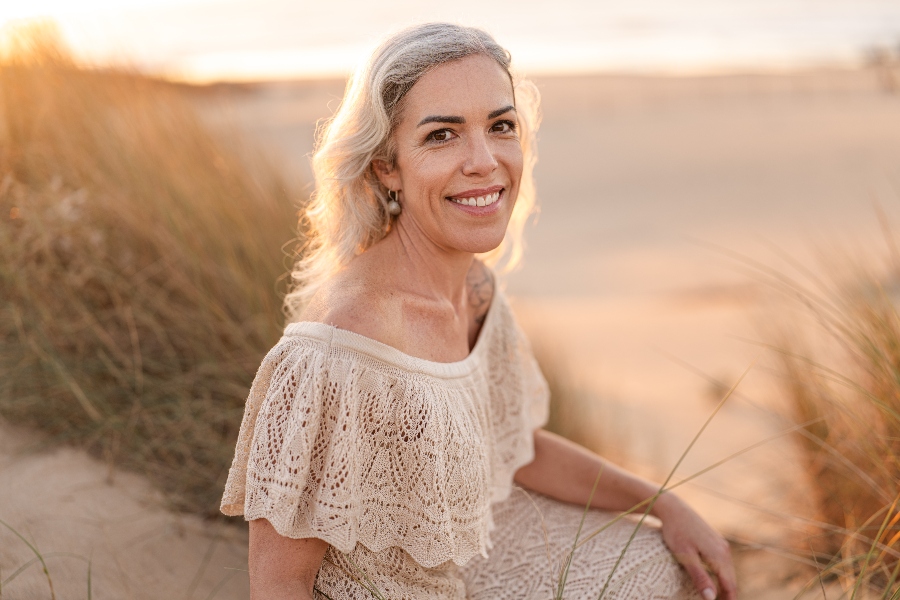


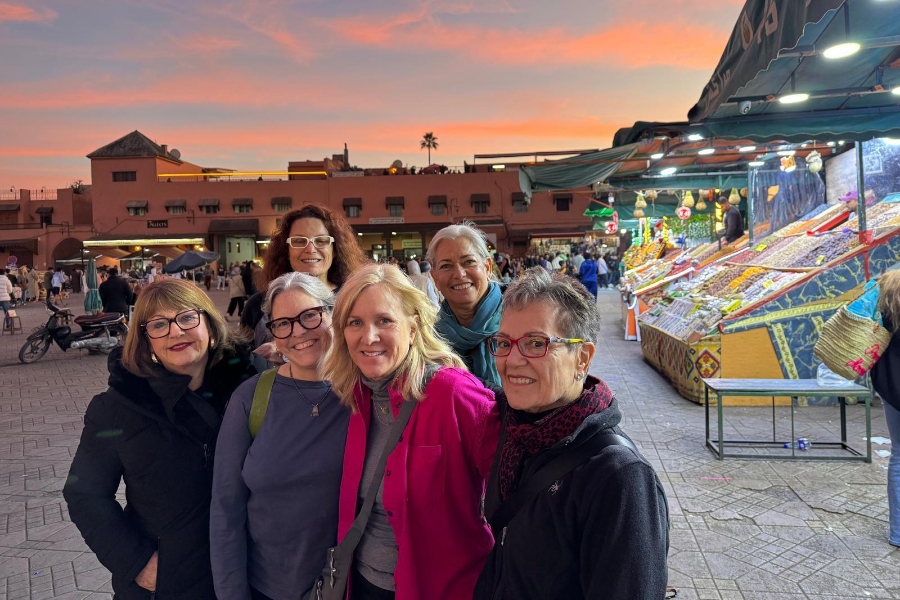


0 Comments